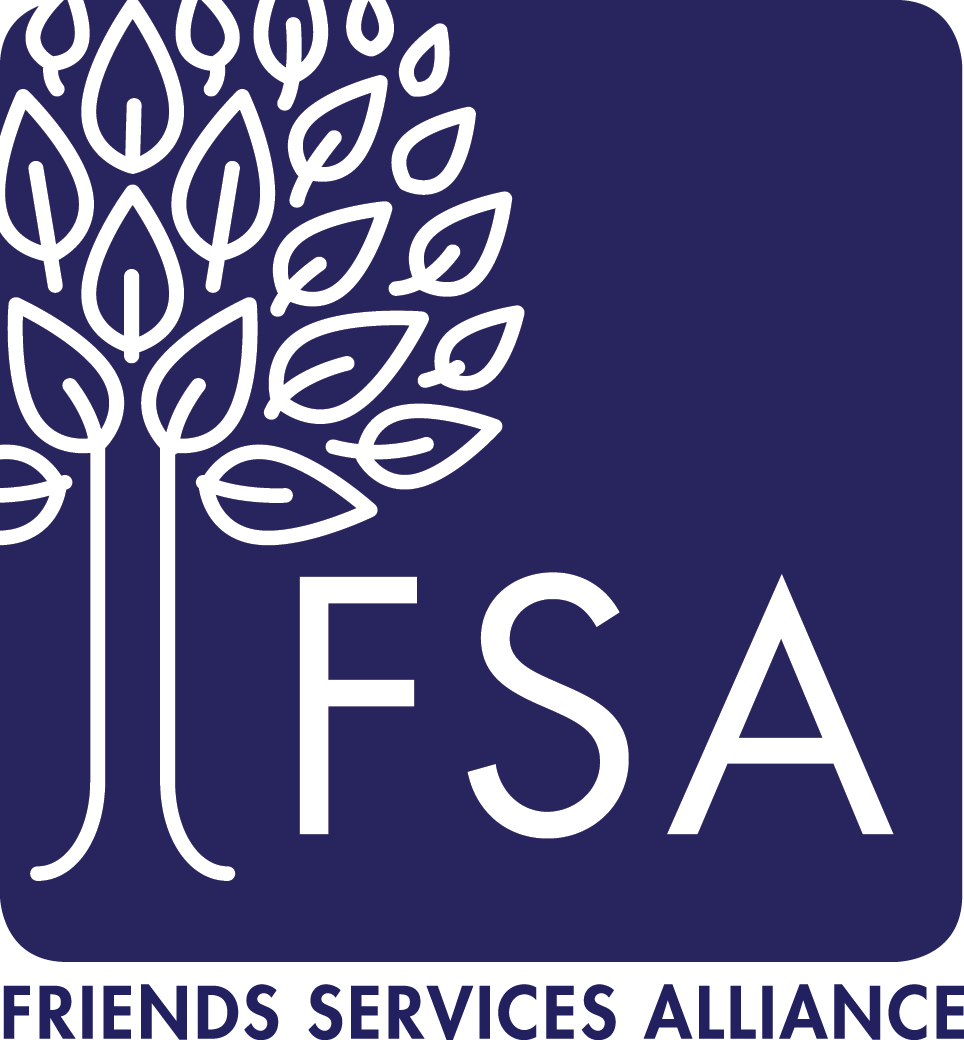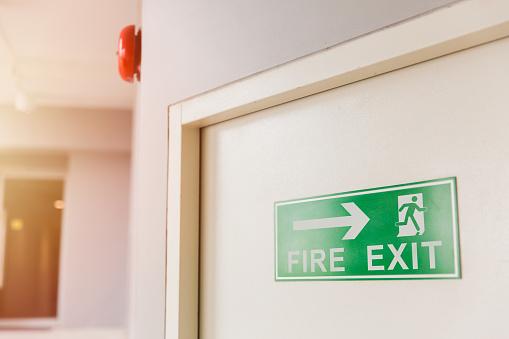Multidisciplinary Survey Team
In the past, hospice surveys were performed by a single surveyor. Now, CMS requires a multidisciplinary survey team reflecting the diverse range of services offered (e.g., social worker, chaplain, bereavement coordinator). One member must be a registered nurse.
Compliance impacts:
- A multidisciplinary team means that hospice programs will face increased scrutiny in their documentation of various specialties represented by the surveyors.
All Surveyors Will Undergo Revised CMS-Based Training
CMS will provide training for state and federal surveyors, as well as those employed by Accrediting Organizations (AOs), within the first 60 days of 2022. No surveyor is allowed to perform a survey before completing the CMS training and competency test.
The training focuses on the four hospice program conditions of participation (CoPs):
- Patient's rights
- Initial and comprehensive assessment
- Care planning and coordination of care
- Quality assessment and performance improvement
The 8-module training course is freely available to surveyors, hospice providers and the public through the CMS Quality, Safety & Education Portal (QSEP).
Compliance Impact:
- The revised training emphasizes individual written plans of care, as well as regular updates that involve the patient, family and interdisciplinary team.
Using Form CMS-2567
CMS now requires that surveyors document results using Form CMS-2567. The form must be:
- Posted prominently
- Easily accessible to the general public
- Searchable and understandable to the general public
- Updated continuously and promptly
Compliance Impact:
- Hospices are still allowed to document plans of correction (POCs) in their preferred format. This can include the format used by their surveying AO – but all elements of an acceptable POC are still required, CMS says.
Hospice Complaint Hotline
The final rule also required establishment of a hospice complaint hotline by December 27, 2021. The complaint hotline serves to collect and update information on certified hospices, receive complaints and answer questions.
Compliance Impact:
- Make sure that consent forms are updated to include the Hospice Complaint Hotline number (it varies by state).
Additional Preparation Steps
A robust compliance program is the best way to ensure good survey outcomes, and can affect remedies and the amount of civil monetary penalties imposed for any deficiencies found.
In fact, when selecting sanctions, CMS states that it may consider evidence that the hospice program has a “built-in, self-regulating quality assessment and performance improvement system to provide proper care, prevent poor outcomes, control patient injury, enhance quality, promote safety, and avoid risks to patients on a sustainable basis that indicates the ability to meet the conditions of participation and to ensure patient health and safety.”
In addition to reviewing the compliance impacts above, here other ways to ensure preparedness for your next survey:
- Appoint a team to prepare and perform self-auditing.
- Get familiar with common citations. Refer to the CMS database of most frequently cited hospice deficiencies.
- Assess survey readiness. CMS State Operations Manual, Appendix M, is a good resource for this.
- Review any deficiencies identified in prior surveys. Be sure those deficiencies have been remediated.
Friends Services Alliance (FSA) is a national professional association of values-aligned organizations that serve seniors. Our support services include a team of Compliance and Risk Management experts who have supported organizations in developing and maintaining effective Compliance and Ethics Programs for over 20 years.




